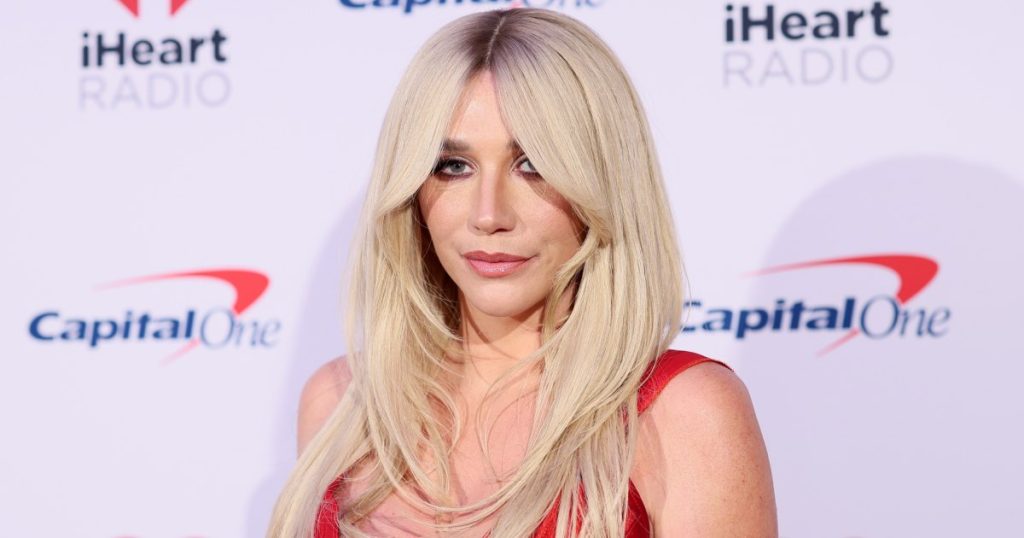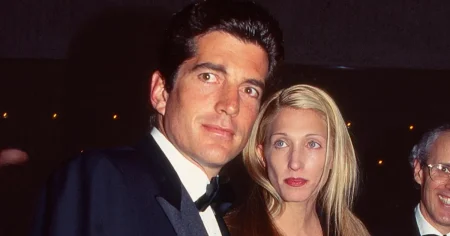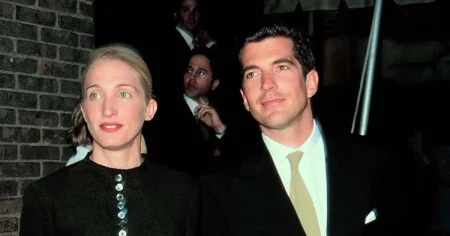Kesha, the pop star behind the 2010 mega-hit “Tik Tok,” has injected a dose of levity into the tense atmosphere surrounding the impending ban of the social media platform TikTok in the United States. With the app’s demise imminent, Kesha playfully reminded her fans via Instagram that while the app might be fleeting, her iconic song bearing the same name will endure. This lighthearted post, featuring Kesha in a hoodie with her eyes closed while a snippet of the song plays, cleverly acknowledged the shared moniker while reassuring fans that her musical legacy remains untouched. Her post, captioned “TikTok may be temporary, but TiK ToK is forever,” accompanied by peace sign and black heart emojis, served as a timely reminder of the song’s enduring presence in pop culture.
The story of Kesha’s “Tik Tok” transcends its catchy melody and party anthem status. The song’s journey includes a significant lyrical modification, reflecting Kesha’s stance against disgraced music mogul Sean “Diddy” Combs. Originally, the opening line celebrated waking up “feeling like P. Diddy.” However, following accusations of sexual assault and abuse against Combs by Cassie Ventura, Kesha altered the lyric during a 2023 Oakland performance to “Wake up in the morning feeling just like me.” This shift marked an important moment, demonstrating Kesha’s support for Ventura and her willingness to use her platform to address serious issues. The lyric change evolved further during Kesha’s 2024 Coachella performance, where she delivered a more pointed message, changing the line to “Wake up in the mornin’ like f—k P. Diddy,” solidifying her stance against the music mogul.
Kesha’s decision to permanently alter the lyrics, confirmed in a TMZ interview at LAX airport, underscores her commitment to her principles. She emphasized that the change was permanent and encouraged fans to learn the new lyrics, highlighting her desire to make a strong statement. This act of defiance against a powerful industry figure showcased Kesha’s determination to speak out against injustice. Her bold declaration, “I’m not the kind of person that just shuts the f— up, I know what I stand for, I know my integrity is rock solid so I speak the truth,” further solidified her position and her refusal to be silenced. This open defiance, culminating in a blunt message to the music industry, cemented her image as an artist who prioritizes integrity and uses her platform to address important issues.
The fate of the social media platform TikTok, however, took a decisive turn with the Supreme Court upholding the U.S. government’s ban. This decision, resulting from concerns about potential Chinese espionage via ByteDance, the app’s Chinese parent company, has significant ramifications. The Protecting Americans from Foreign Adversary Controlled Applications Act, born out of Congressional anxieties regarding data security and national security, paved the way for the ban. ByteDance’s pledge to remove TikTok from U.S. app stores and subsequently cease services, unless assurances are provided against penalties for hosting the app, marks a critical juncture in the platform’s trajectory. The imminent “going dark” scenario presents a significant challenge for the platform and its users.
The ban’s impact reverberates beyond the platform itself, severely affecting content creators and influencers who rely on TikTok for income. The TikTok Creator Fund, a significant source of revenue for many, will cease to exist for U.S. creators. Additionally, those who leverage the platform for brand sponsorships and merchandise sales will face a substantial loss of income. The ban disrupts a thriving ecosystem built around the app, forcing creators to seek alternative platforms and strategies for monetizing their content. This sudden shift in the digital landscape presents a significant challenge to the livelihoods of many who depend on TikTok for their primary source of income.
In a landscape marked by the impending disappearance of a popular social media platform and the ongoing controversy surrounding a prominent music figure, Kesha’s actions stand out. Her playful acknowledgment of the shared name between her hit song and the embattled app offers a moment of levity in a complex situation. Simultaneously, her resolute stance against Diddy and her permanent lyric change demonstrate her commitment to speaking out against injustice. These two seemingly disparate events highlight Kesha’s multifaceted persona as both an entertainer and an advocate. Her actions underscore the power of music and social media platforms to both entertain and address critical social issues, creating a space for dialogue and change.














